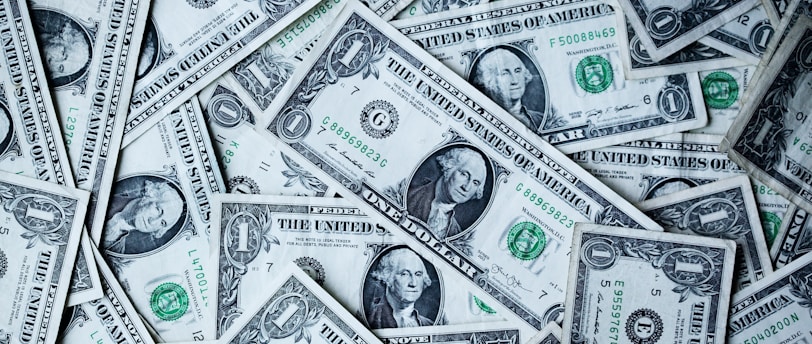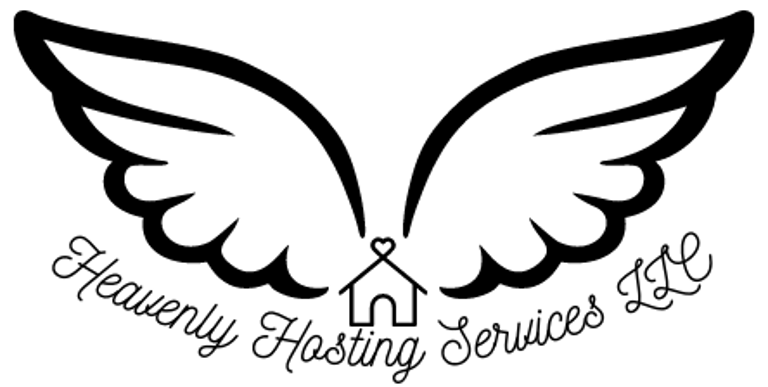The Psychology of Pricing: Setting Rates That Maximize Bookings
Strategic pricing is more than just numbers—it's perception. Learn how psychology shapes booking behavior and how to use it to your advantage.
LISTING OPTIMIZATIONPRICINGSATISFIED CUSTOMERS
6/5/2025


When it comes to short term rentals, pricing isn’t just about covering costs or beating the competition—it’s about understanding how guests think. The way a price is presented can influence whether someone books instantly or keeps scrolling. By using a few psychological principles, you can set rates that feel like a deal, build trust, and maximize occupancy without undercutting your value.
Charm Pricing and Perceived Value
Ever wonder why so many prices end in “.99”? That’s charm pricing, and it works. Listing your nightly rate as $199 instead of $200 creates the illusion of a better deal, even if the difference is only a dollar. It’s a small psychological trick that makes your rate feel more competitive without sacrificing revenue.
On the flip side, round numbers like $200 or $250 can suggest quality and simplicity. If your property leans toward a luxury market, clean numbers may reinforce that premium feel. Choose your pricing format based on the experience you’re offering and the audience you're targeting.
Anchoring and Comparison
Guests don’t book prices in a vacuum—they compare. That’s why anchoring is such a powerful concept. When potential guests see a higher rate crossed out next to your current price, they feel like they’re getting a deal. Even just mentioning a typical seasonal rate in your listing can create a mental anchor that makes your current price look more appealing.
Comparison also happens across listings, so positioning matters. If your property includes extras like free parking, beach gear, or a stocked kitchen, make that clear. Guests will compare value as much as price, and highlighting your added perks can justify a slightly higher rate.
Loss Aversion and Urgency
People are often more motivated by the fear of missing out than the joy of gaining something. Use that to your advantage. Messaging like “Only 2 nights left this month!” or “This property was booked 4 times this week” taps into urgency and encourages quicker booking decisions. Platforms like Airbnb already use this psychology—lean into it when writing your own listing copy.
Flexible Pricing Wins
Rigid pricing strategies often leave money on the table. Dynamic pricing tools help you adjust rates based on demand, season, and local events. But you can also make manual adjustments by monitoring similar listings and experimenting with short-term discounts to fill gaps. The goal is to stay competitive while understanding what your guests value most.
The right price isn’t always the lowest—it’s the one that feels fair, fits the guest’s expectations, and reflects the quality of the experience. When you use pricing psychology to guide your strategy, you’re not just setting a rate—you’re shaping how your property is perceived. And perception, more often than not, drives decisions.
Hit the Easy Button!
Full scale, world class short term rental management without the headaches!
Contact
heavenlyhostingservices@gmail.com
754-800-2205
© 2022-2024 by Heavenly Hosting Services LLC. All rights reserved.
